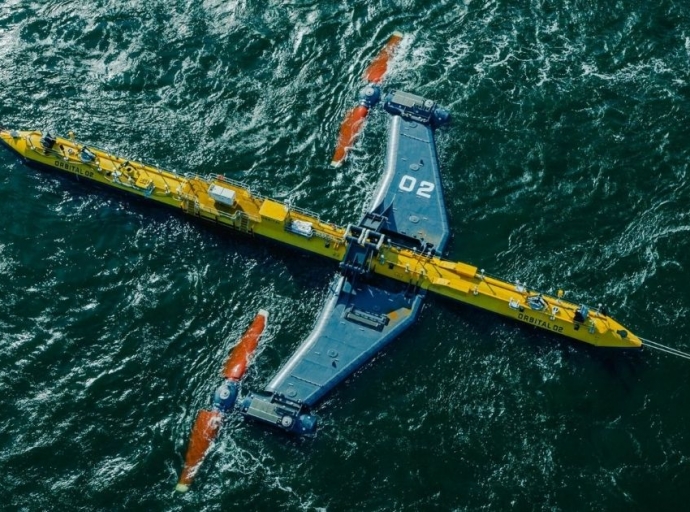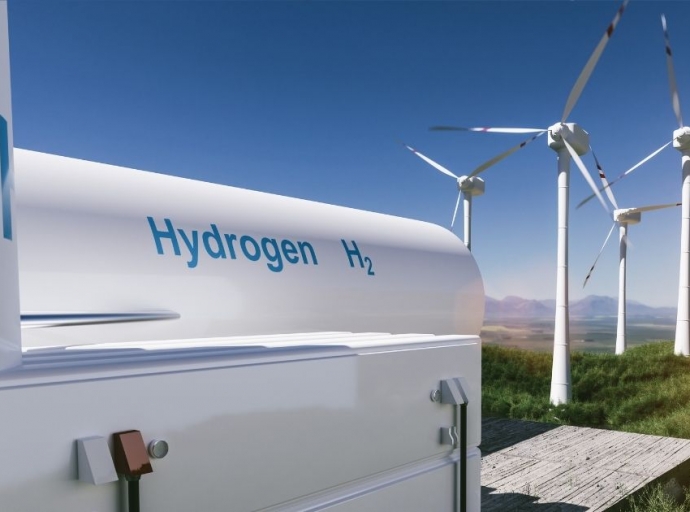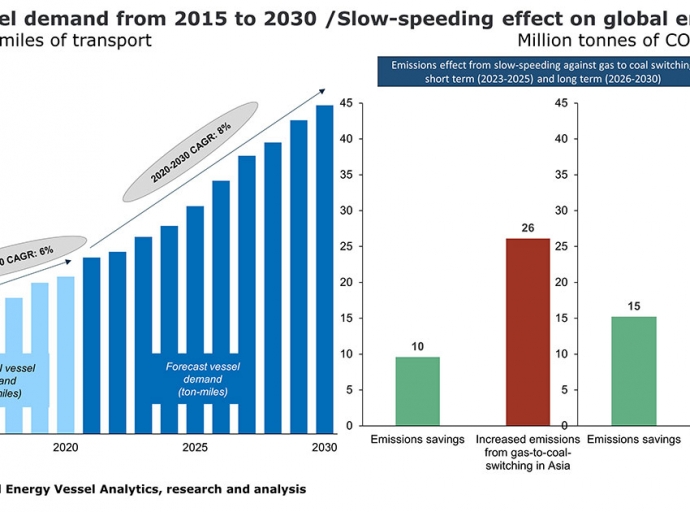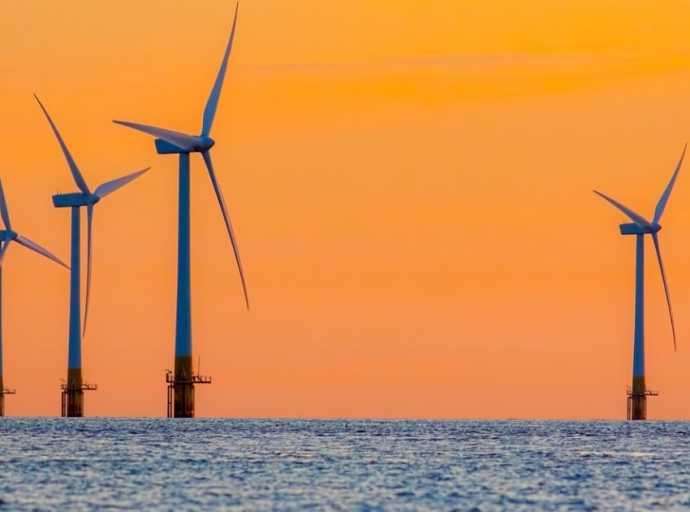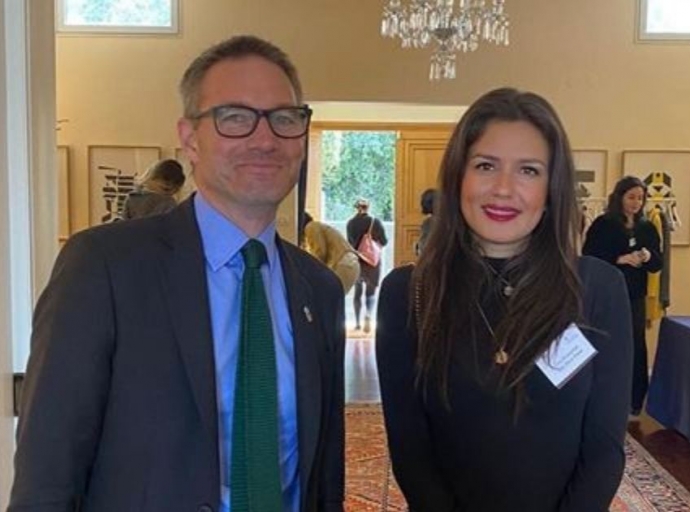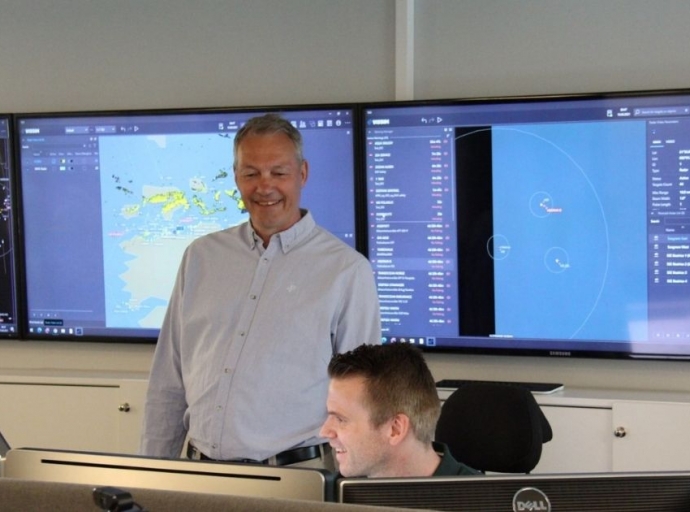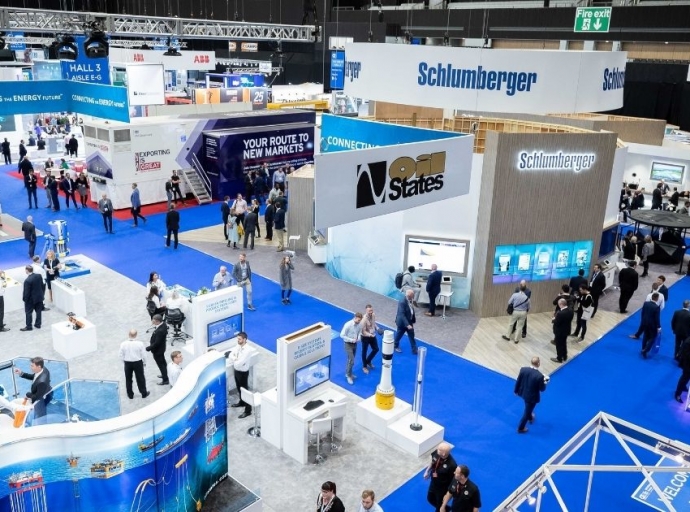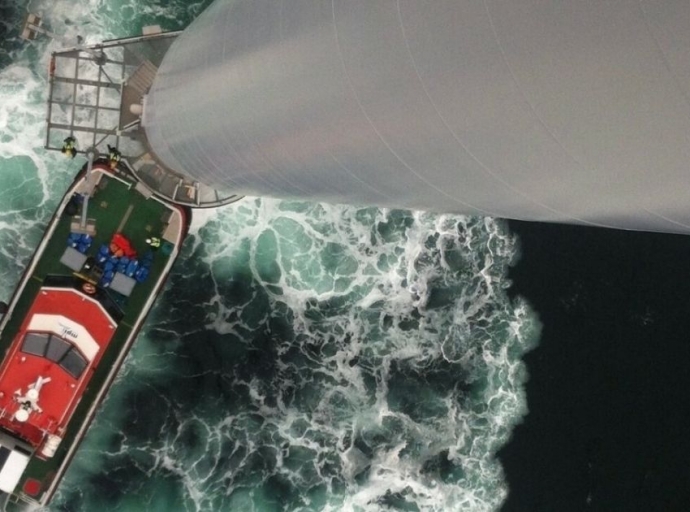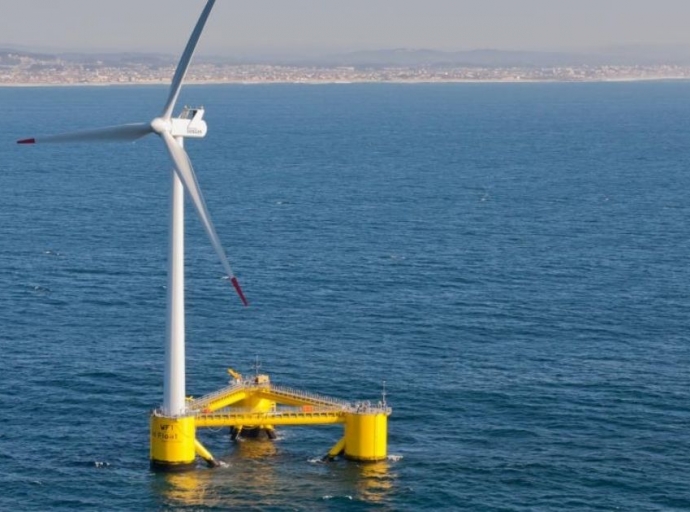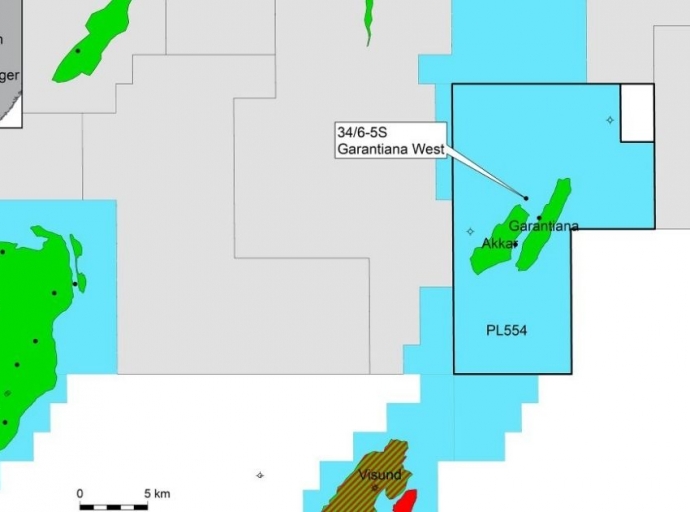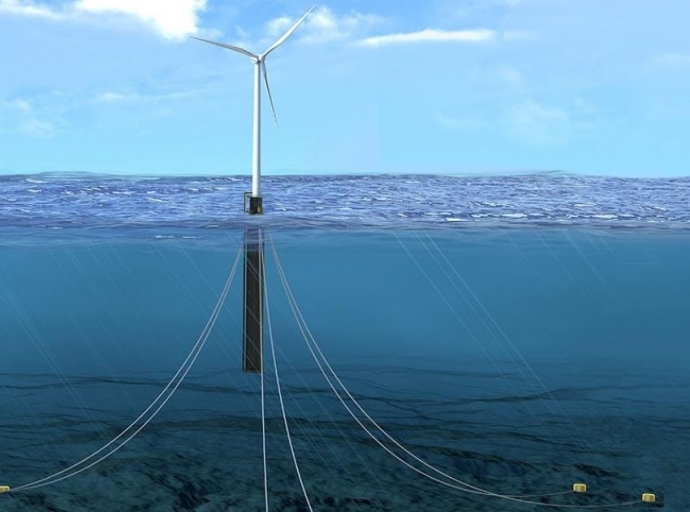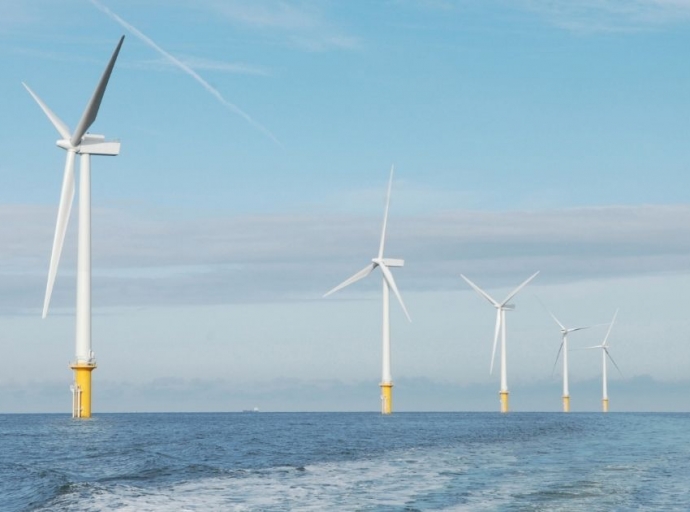Orbital Marine Power Ltd (Orbital), Scottish-based developers of one of the world’s leading floating tidal turbine technology, successfully launched its 2MW tidal turbine, the Orbital O2, from the Port of Dundee in April.
Energy
All Stories
Global efforts to reduce carbon emissions are accelerating and most industries are searching for new ways to reduce their carbon footprint in the years and decades to come. Shipping is also under scrutiny and the International Maritime Organization (IMO) has set a carbon intensity reduction target, proposing strict technical requirements that are scheduled to be approved this year and take effect from 2023. One of the effects of these new requirements is likely to involve slow-speeding – a reduction of the maximum cruising speed of deep-sea vessels in a bid to reduce emissions.
In order to increase renewable energy production in offshore waters and help the Administration meet its commitment to deploy 30 gigawatts of offshore wind energy by 2030, the Bureau of Ocean Energy Management (BOEM) and the U.S. Army Corps of Engineers (USACE) have entered into an agreement in support of planning and reviewing renewable energy projects on the Outer Continental Shelf (OCS).
CSignum Ltd., a global leader in smart communications solutions, subsea asset digitization, and actionable insights for ocean industries; announces the testing of the prototype solution developed with Tfl Marine as part of the Floating Wind Technology Accelerator Competition (FLW TAC) was successful.
In support of the Biden-Harris administration’s goal of installing 30 gigawatts of offshore wind energy by 2030, the Department of the Interior has announced a proposed sale for offshore wind development on the Outer Continental Shelf (OCS) in the New York Bight – an area of shallow waters between Long Island and the New Jersey coast.

